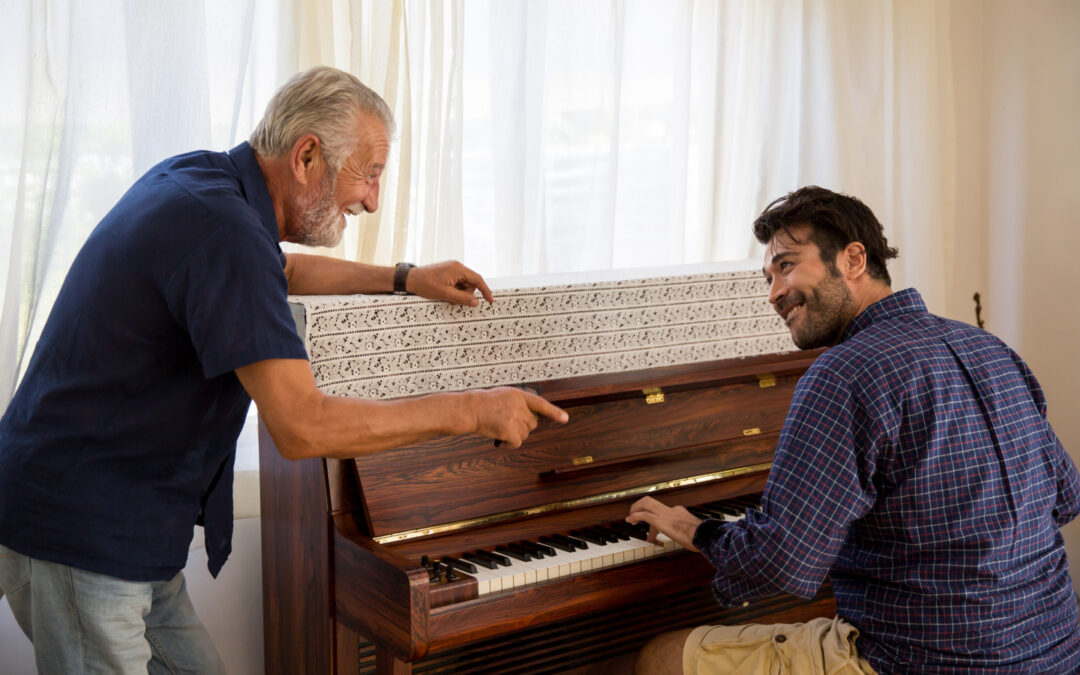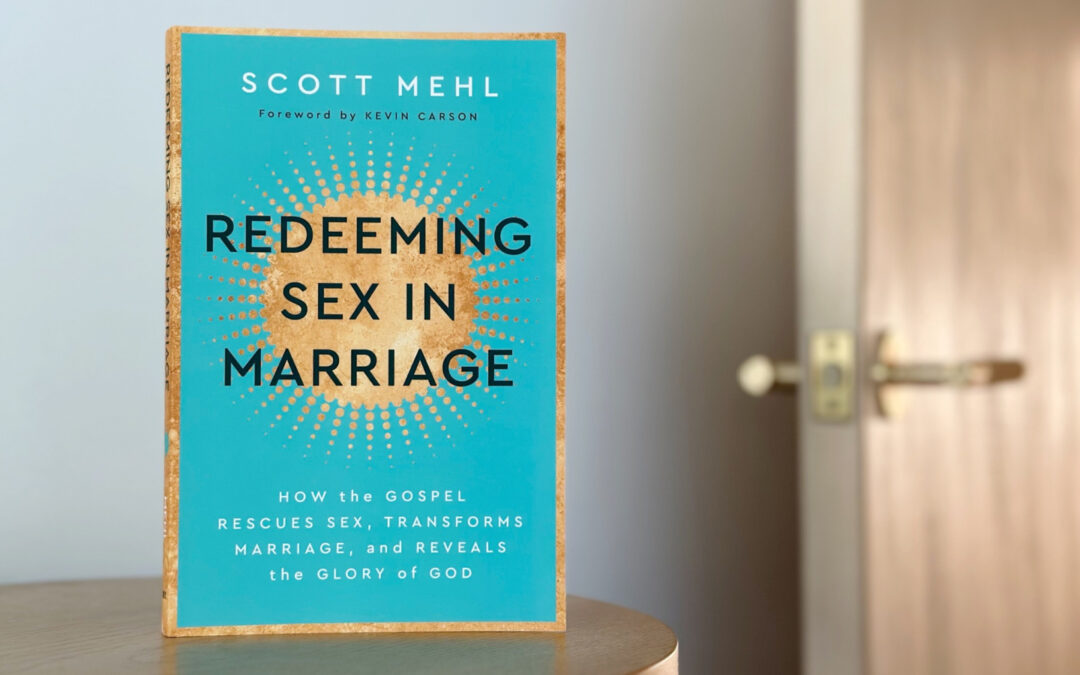“Blessed are those who keep His testimonies,
Who seek Him with their whole heart,
Who also do no wrong but walk in His ways!
You have commanded your precepts to be kept diligently.
Your testimonies are my delight.
They are my counselors.”
Psalm 119: 2-4, 24
As biblical counselors, the inspired, inerrant, authoritative Word of God is foundational to the counsel we provide. One of the most practical ways we can hold high the sufficiency of Scripture is by inviting and empowering our counselees to read, comprehend, and apply it for themselves. As people of the Word, we should prioritize Bible literacy.
It is typically assumed that biblical counseling is a temporary form of intense discipleship for a time of increased trial or temptation, with the expectation that the counselor will eventually transition from bearing their counselee’s burdens to the counselee, by God’s grace, bearing their own (Galatians 6:1-5). Instruction in Bible literacy is no small part of this burden bearing transition process. If we fail to provide this instruction, our counselees may very well graduate from our care with a knowledge of the theological frameworks we’ve used in counseling without the ability to mine those same truths from Scripture independently. When the next trial or temptation presents itself, though able to recall, “my counselor said,” they may be tragically unable to determine, “Thus saith the Lord.” If we are to equip counselees for long-term faithfulness, we must prepare them to confidently navigate the pages of their Bibles long after counseling has concluded.
We should never assume, even after years or decades in the church, that those in our care know how to read, comprehend, and apply the Scriptures on their own. With patient compassion, we should assess the extent of their current Bible literacy, taking note of the ease (or lack thereof) with which they interact with Scripture:
- Do they understand how the Bible is structured?
- Can they easily comprehend the translation they carry?
- Are they aware of the various styles of writing utilized by biblical authors?
- How familiar are they with the cultural contexts and original audiences to which the Bible was written?
- Do they understand the overarching meta-narrative of the Bible?
For the pastor or counselor whose ministry schedule is already full, please realize the responsibility for training in Bible literacy doesn’t have to be yours alone. If your counselee requires significant training, this presents a valuable opportunity to invite other mature believers into the soul-care ministry of your church. While many lay leaders may not be equipped to counsel, you will, hopefully, have men and women in your church who love and study God’s Word, who would be willing to disciple another, sharing what they’ve learned in their own journey toward Bible literacy.
We must evaluate whether our counseling, as it currently stands, lends itself to the development of Bible literacy. Let’s never assume or neglect this critical piece of biblical counseling and discipleship.


